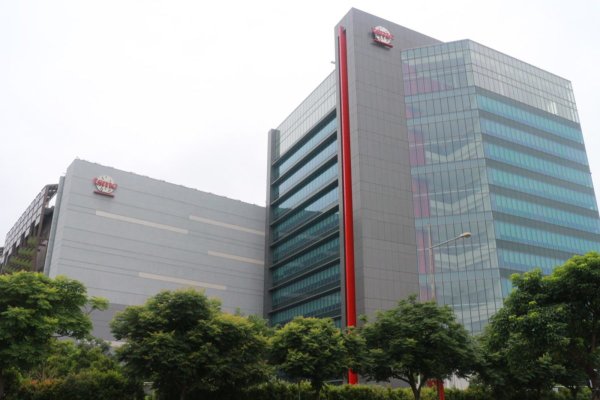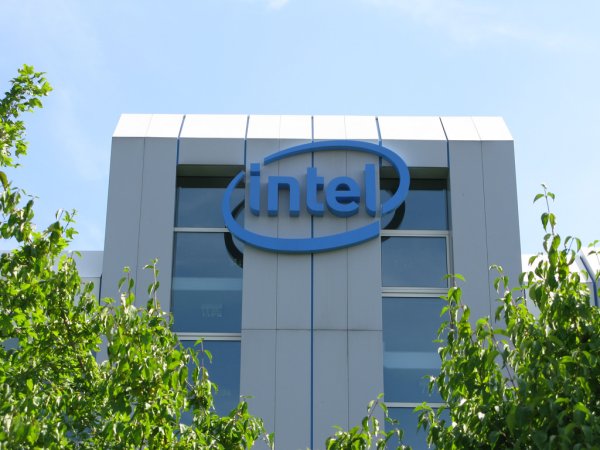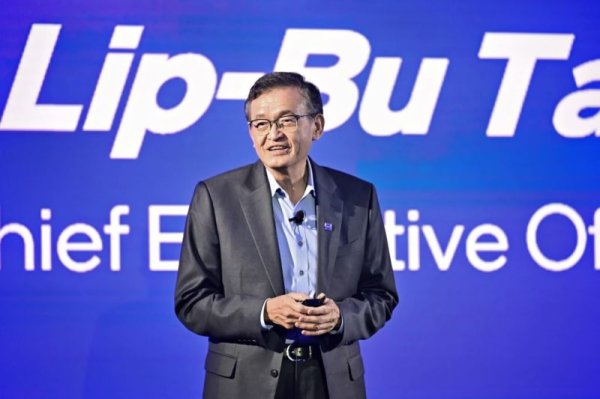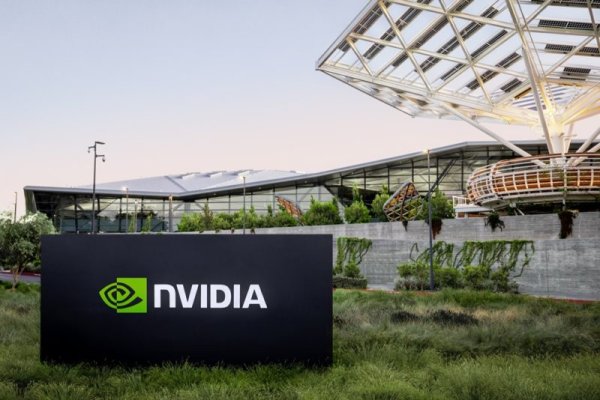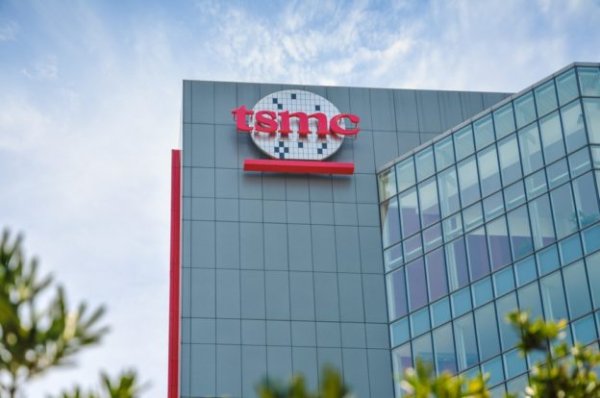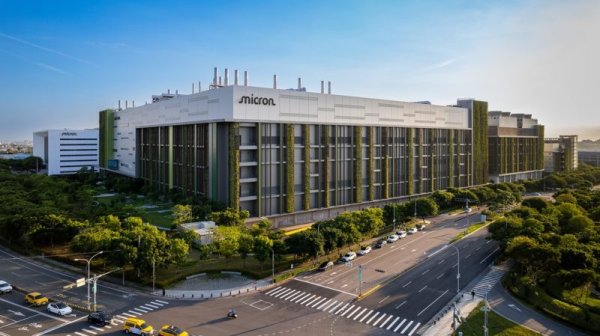AMD confirms the release of Zen 6 architecture in 2026 and confirms the development of Zen 7 architecture for the first time

At the Analyst Day event held on the 11th, chip manufacturer AMD officially released the latest Zen architecture update plan called "Leadership CPU Core Roadmap". The blueprint clearly confirms the previously rumored technology and puts Zen 7 on the official schedule for the first time, teasing a release date beyond 2026.
According to the document, the first is the upcoming Zen 6 architecture, which further confirms its timetable for release in 2026. AMD confirmed that Zen 6 will be the industry's first processor to use TSMC's 2nm process node. AMD Chief Technology Officer Mark Papermaster emphasized that both the Zen 6 and Zen 6C architectures will bring IPC improvements to extract higher performance. More importantly, Zen 6 will provide more AI functions in Ryzen and EPYC series chips.
AMD also emphasized that the product line using Zen 6 architecture includes EPYC Venice series server processors, Ryzen desktop Olympic Ridge series processors, and Ryzen mobile Medusa Point series processors. In addition, AMD’s Helios rack server solution will also be powered by Zen 6-based EPYC Venice. These solutions will be paired with CDNA 5 GPUs and connected via 5th generation Infinity Fabric, delivering bandwidth up to 224 GB/s.
For the Zen 7 architecture after Zen 6, AMD stated that it is still several years away from official release. Zen 7 will use a process technology that AMD calls Future Node. AMD positions Zen 7 as a true next-generation product, implying that it will bring major innovations and breakthroughs in architectural design. According to AMD’s instructions, the Zen 7 architecture will introduce the New Matrix Engine for the first time and have further AI functions. However, the official has not disclosed the core configuration, cache layout and other details of Zen 7.
According to current market speculation, the launch time of Zen 7 will be approximately between 2027 and 2028. It is expected that EPYC's Verano series of data center CPUs will be the first products to adopt the Zen 7 architecture.
Specifically, the focus of the briefing was more on AMD's grand ambitions in the field of artificial intelligence, without delving into detailed technical specifications. The blueprint reviews AMD's rapid progress in process technology. More than three years since the launch of the AM5 platform, AMD has advanced from 5 nanometers to 2 nanometers in just four years.
Market comments believe that the new matrix engine mentioned in Zen 7 may be related to the AI accelerator. Some industry insiders speculate that AMD may be implementing technology similar to AMX or dedicated NPUs in Zen 7. Especially in the context of Microsoft's push to require CPUs to have built-in NPUs to efficiently run CoPilot+ brand AI applications, this move may be aimed at providing necessary hardware support to avoid AI processing taking up too much CPU or GPU resources.
Even though the relevant product details are still unclear, AMD’s updated blueprint shows its firm determination to continue to promote the development of CPU technology through 2nm advanced processes and deep integration of AI functions in the next few years.



